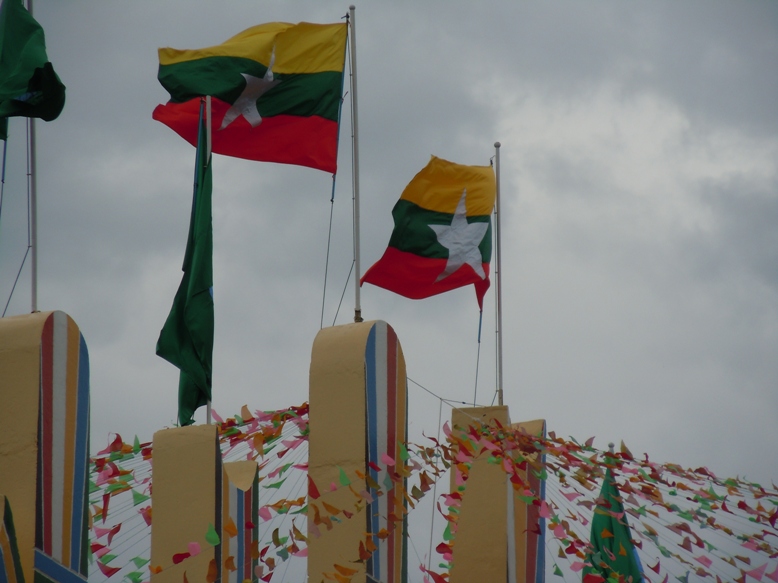Today is the 64th anniversary of Burma’s independence. We are also just two months short of the 50th anniversary of the 1962 coup which set the country down the path to decades of dictatorial rule.
It is a good time to take stock of recent events.
Over the past year there have been many tantalising signals that things in Burma are getting better. On almost any criteria that we might choose there have been sustained positive developments.
The biggest and most worrying exception, I’d suggest, is seen in some ethnic minority areas where, as Desmond Ball and I recently argued, “the balance that prevailed during the ceasefire years has finally broken.” If you want more details on that argument then pages 18-23 of the CSCAP Regional Security Outlook 2012 should do the trick.
It is curious that at exactly the same moment that political developments in “Burman” Burma are being greeted with justifiable optimism there is fresh instability and violence in ethnic minority areas. I don’t have a straightforward way of explaining why this is the case. It remains a serious analytical challenge.
Moreover, in 2012 crafting a new equilibrium in ethnic areas is surely the most pressing issue. It is also the one that, historically, and perhaps in perpetuity, looms over prospects for peace in the country. Even a President named Aung San Suu Kyi would likely struggle to knit together Burma’s many ethnic interests.
So on this 64th anniversary we should give some extra attention to what the independent “union” really means. In 2012 how can Burma’s ethnic minorities more consistently see the benefits of the ongoing political transition? Can the multi-ethnic union be made to work for all?
 Facebook
Facebook  Twitter
Twitter  Soundcloud
Soundcloud  Youtube
Youtube  Rss
Rss 